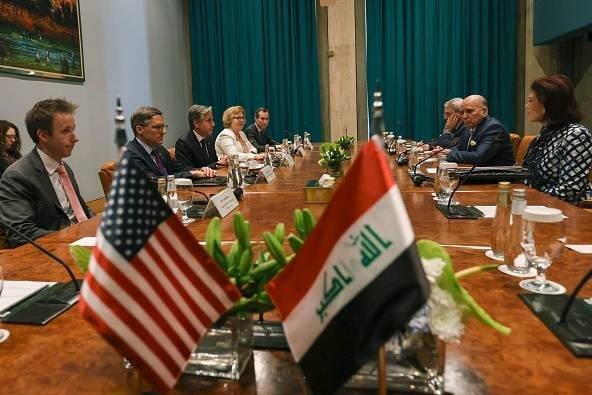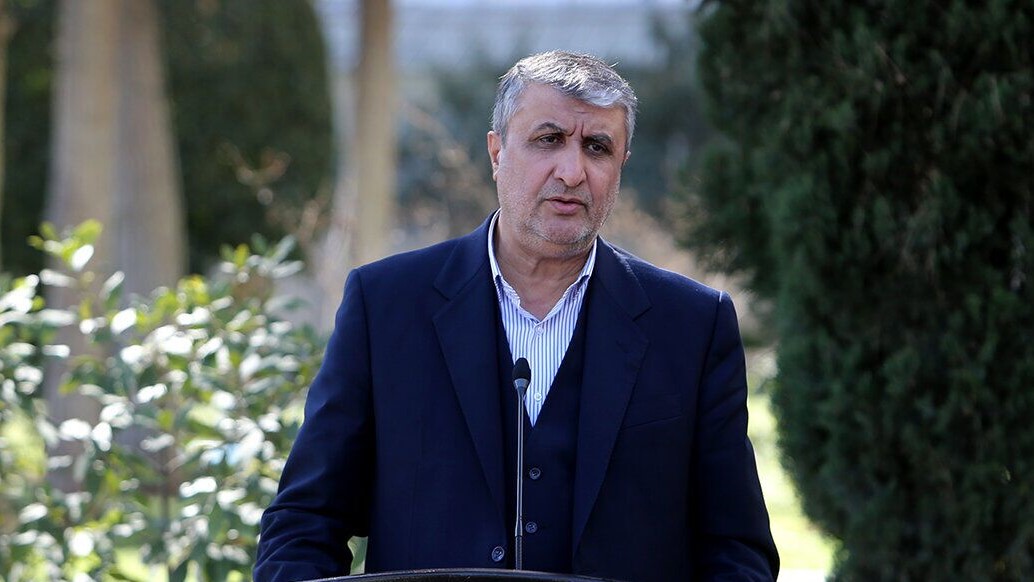NOVANEWS

aljazeera.com
Israeli Prime Minister Benjamin Netanyahu was predictably hostile in his first comments on the nuclear deal concluded in the wee hours of Sunday morning between Iran and six world powers gathered in Geneva. “This is not a historical agreement, but a historic mistake,” Netanyahu said at the weekly cabinet meeting in Jerusalem. “The world is a much more dangerous place today because the most dangerous regime in the world has made a meaningful step towards obtaining the world’s most dangerous weapons.”
There was no surprise in Netanyahu’s response. He has campaigned frantically on the international circuit in recent weeks to prevent just such a deal. And it’s precisely because of the political and diplomatic capital he has poured into preventing a nuclear compromise with Iran that the conclusion of the Geneva deal could be politically damaging to the prime minister.
Netanyahu’s leverage in international diplomacy over Iran has been grounded in the threat that Israel could overturn the negotiating table by launching military strikes against Iranian nuclear facilities. Fear that such a decision could trigger a potentially cataclysmic regional war has helped cajole some reluctant European nations and other countries into tightening sanctions against Iran. And the threat of unilateral military action – whether openly declared, predicted in supposedly inside-sourced media articles or implied by long-range Israeli Air Force training exercises – continues to figure prominently in the Israeli leader’s talking points, even if his own security chiefs were deeply and sometimes publicly skeptical of the severity of the Iranian threats and of the wisdom of Israel launching an attack alone.
alt
Netanyahu’s priority in dealing with President Obama from his inauguration in 2009 onward had been to persuade the U.S. to prioritize the Iran nuclear issues over the Israeli-Palestinian conflict. He has largely succeeded in that goal, with Obama having backed off from applying pressure on the Israelis over settlements and other issues related to the Palestinian file and focusing on organizing a major international sanctions effort against Tehran. But while this shift has left Netanyahu largely free to set his own terms for engagement with the Palestinians and to promote the growth of settlements in occupied territory, it has also had unintended consequences: From the moment Obama recognized the opportunity for a diplomatic solution to the nuclear standoff presented by the election of the more pragmatic President Hasan Rouhani in Iran last summer, Netanyahu has found his hard line increasingly marginalized.
The spectacle of Secretary of State John Kerry proclaiming as good for Israel the same deal denounced by Netanyahu as a dangerous illusion underscored the image of a prime minister sharply at odds with, and being ignored by, Israel’s most important ally.
The political timing couldn’t have been worse for Netanyahu. Until a few weeks ago, his domestic political position seemed relatively secure. He had no challengers in his own league. Netanyahu’s potential challengers from within his own party are all relatively fresh faces. His two great political rivals on the wider stage, right-wing settler champion Naftali Bennett and centrist Yair Lapid were shackled to the coalition as well as to one another. Lapid, in particular, is being weakened by running the Finance Ministry, the demands of which has forced him to adopt policies on taxes and spending that are hurting his own middle-class political base. There seemed to be little imminent threat on the Israeli political horizon to Netanyahu’s tenure.
Netanyahu’s political calculus changed on November 9, however, when hard-line former foreign minister Avigdor Lieberman was cleared on charges of nepotism and corruption and returned to the political stage, once again casting himself as a natural heir for Netanyahu. Lieberman is a veteran figure in Israel’s national politics, and has over the years demonstrated a capacity for strategic thinking and a reputation for hardline pragmatism alongside a bullish public image. He brought his Yisraeli Beitenu party, historically grounded among immigrants from the former Soviet Union, into an electoral pact with Netanyahu. And he has adopted a pragmatic tone throughout his 11-month stint as the chairman of the Knesset’s Foreign Affairs and Defense Committee.
On the occasion of his reappointment as foreign minister last week, Lieberman remarked that the spat between Israel and the U.S. over the Geneva talks had become too public for anyone’s good – not blaming Netanyahu or his coalition partners, but nonetheless trying to portray himself as someone with a cooler head and an eye for the bigger picture.
These subtle differences in tone between Lieberman and other coalition leaders were on display in response to the Geneva talks. Defense Minister Moshe Yaalon thundered about the short-sightedness of the West, and Naftaly Bennet warned that Israeli was not bound by the “bad” agreement and could still act to defend itself if it felt threatened by Iran. But Lieberman, while lamenting what he said was a great diplomatic victory for Tehran and pointing out the weaknesses of the agreement, said merely that “we shall see how the agreement implementation is progressing… and then reevaluate.” Netanyahu faces little threat from the left, but Lieberman’s reinvention – his traditional hawkish role in a more pragmatist version – presents a new challenge of a different magnitude.
The Israeli leader likes to cast himself in the role of Sir Winston Churchill, warning of a grave and gathering danger and denouncing Western reluctance to gird for war in order to deter Tehran. But even Churchill, after famously leading an initially isolated Britain through five tough years of war, was unceremoniously turfed out by the British electorate in 1945.
The Geneva agreement is hardly likely to bring down Israel’s prime minister, but his failure to prevent it clearly deals Netanyahu a political setback.



